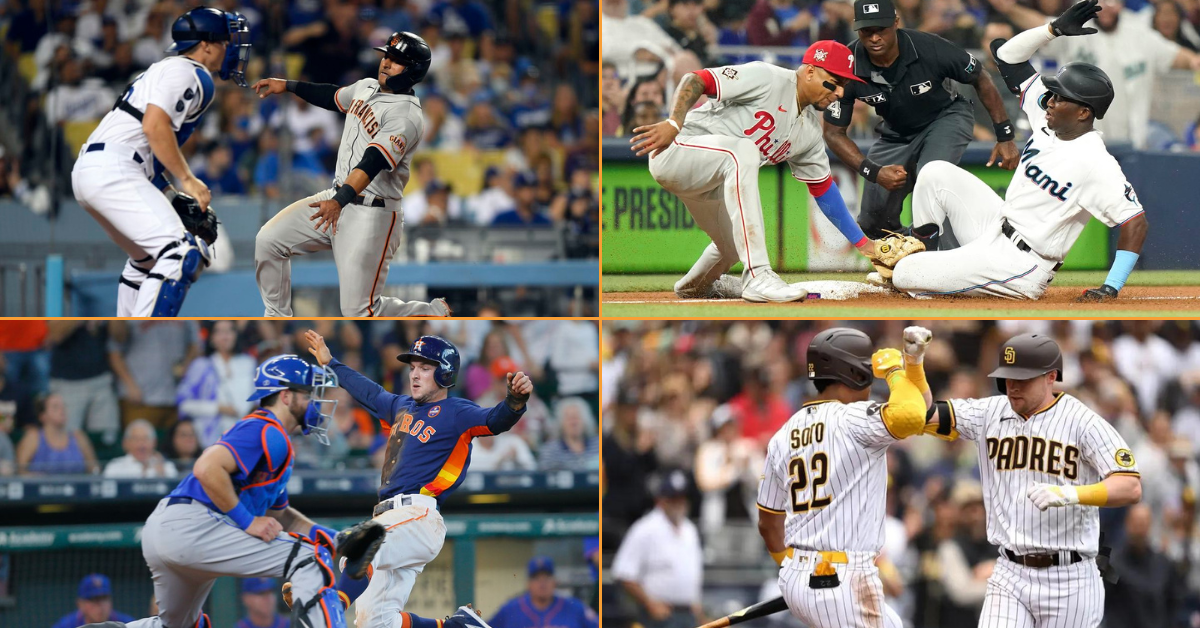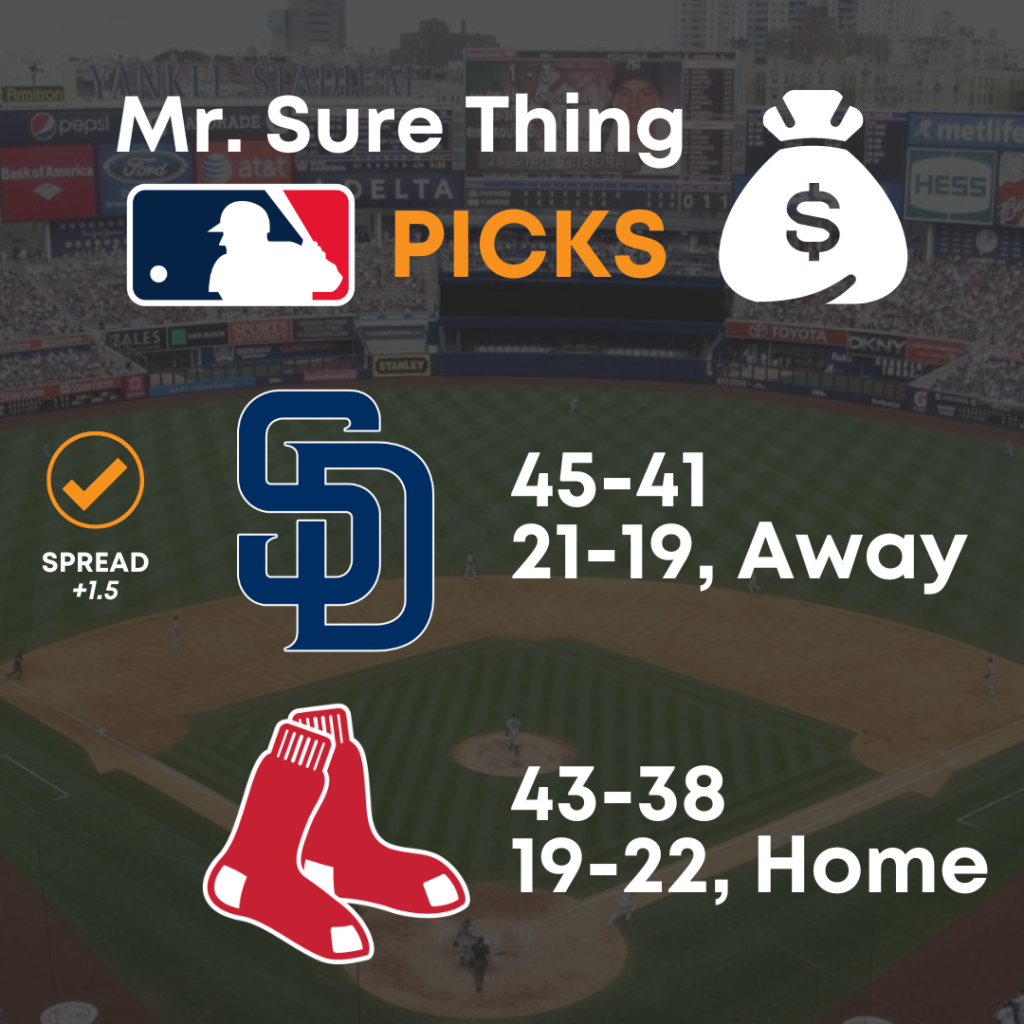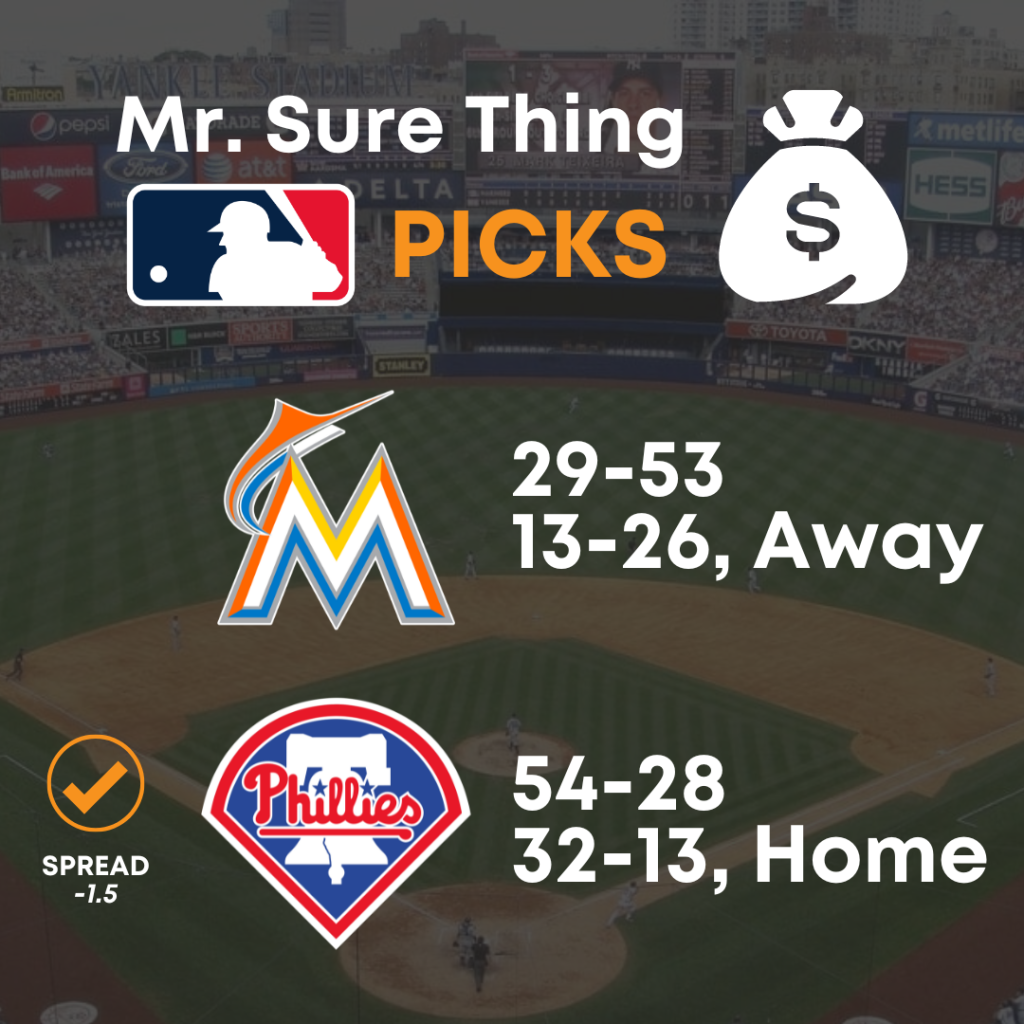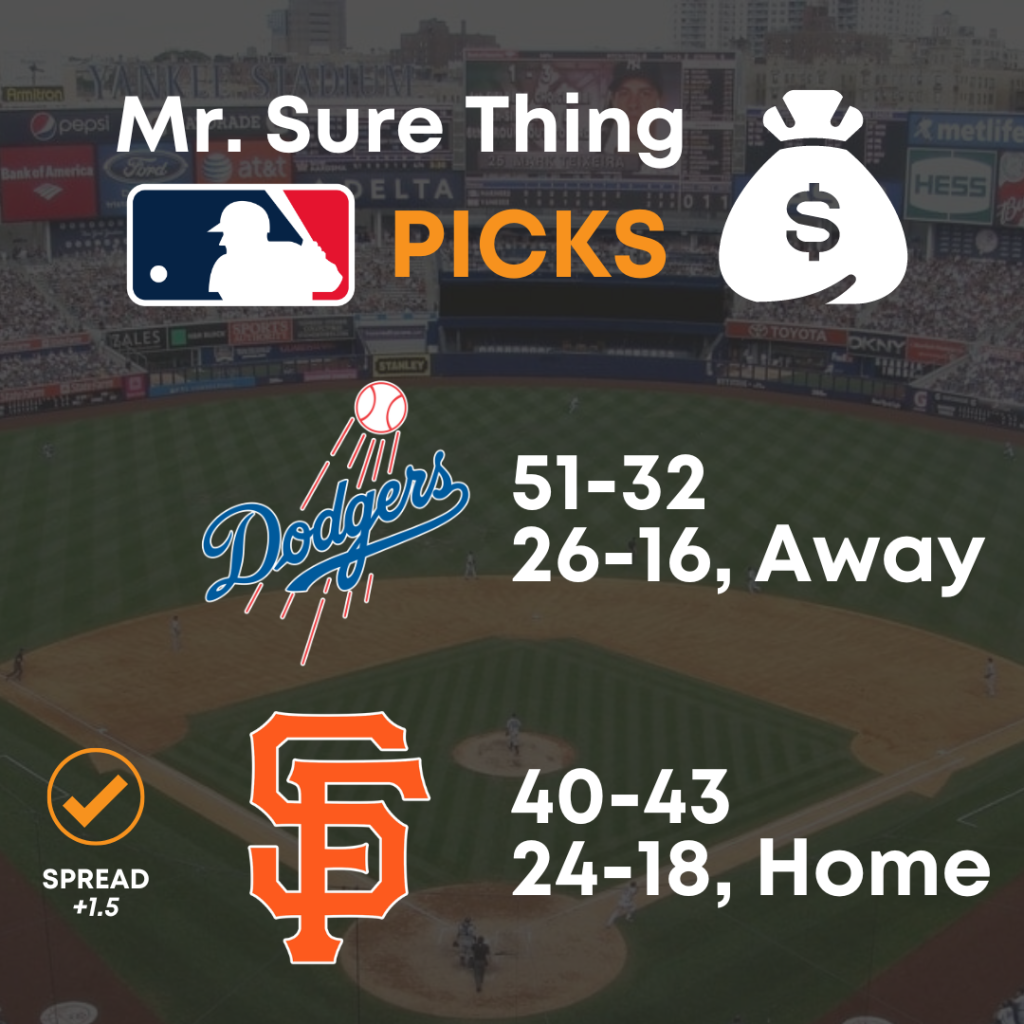
MLB Game Picks & Analysis
San Diego Padres vs. Boston Red Sox
Based on our algorithm’s analysis, the Padres are predicted to cover the spread against the Red Sox due to several key factors. Michael King, their starting pitcher, has demonstrated consistent performance throughout the season with a 3.75 ERA and over a strikeout per inning. Despite a recent outing where he surrendered runs, his ability to pitch five or more innings in the majority of his starts underscores his reliability. Offensively, San Diego boasts significant contributors such as Jurickson Profar, leading the team in RBIs with 55 and batting an impressive .316. Jake Cronenworth adds further depth with 82 hits and an on-base percentage of .327, while also slugging .446, indicating both his ability to get on base and produce runs. Ha-Seong Kim’s power potential with a .383 slugging percentage further strengthens their lineup. This offensive balance and King’s steady performance suggest the Padres can match up well against the Red Sox, making them likely to cover the spread in this upcoming matchup.

Houston Astros vs. New York Mets
The New York Mets are riding a hot streak, winning their last four games and showcasing strong form heading into their upcoming matchup. Recently, they dominated with a 7-2 victory in the first game of their current series. Prior to this series, the Mets displayed consistency by defeating both the Yankees and the Cubs, as well as taking two out of three games against the Rangers. This surge has lifted their season record to 40-39, positioning them third in the NL East.
The Mets’ pitching staff has maintained a respectable 4.06 ERA, supported by a 1.31 WHIP and limiting opponents to a .233 batting average. Offensively, they’ve scored 382 runs, boasting a .251 team batting average and a .324 on-base percentage. Pete Alonso has been a key contributor, hitting .241 with 17 home runs and 44 RBIs this season.
In their recent stretch, New York has been particularly potent at the plate, scoring seven or more runs in seven of their last ten games. This offensive prowess aligns well with their ability to cover the +1.5 spread predicted by the algorithm for their upcoming game.
With momentum on their side and strong statistical backing, the Mets are well-positioned to cover the spread of +1.5.

Miami Marlins vs. Philadelphia Phillies
In their latest game, Philadelphia blanked Miami 2-0, backed by Bryson Stott’s two RBIs and Cristopher Sanchez’s complete game shutout, striking out nine with no walks.
Philadelphia’s offseason focus was strategic: Aaron Nola’s $172 million deal anchors their pitching. They also added Whit Merrifield, Spencer Turnbull, and Kolby Allard, while parting with Scott Kingery and key players like Rhys Hoskins, Craig Kimbrel, and Michael Lorenzen.
Nola boasts a 3.39 ERA and 9-3 record, pitching 101 innings with 90 strikeouts and a 1.05 WHIP this season. At home, they’re 32-13, while Miami struggles defensively, allowing the third-most runs in MLB.
The algorithm favors Philadelphia to win convincingly, covering the -1.5 spread. Nola’s form and Philadelphia’s offensive strength make them strong contenders against Miami.

Los Angeles Dodgers vs. San Francisco Giants
The San Francisco Giants showcased their resilience in their latest game, rallying late to secure a 5-2 victory with key contributions coming after the 5th inning. Brett Wisely’s clutch two-run homer in the bottom of the 9th highlighted their offensive effort, leading the team to a total of eight hits, with Wisely being the standout performer with multiple hits. Starting pitcher Logan Webb provided stability over seven innings, allowing two runs on five hits while striking out six.
Looking ahead to game two, the Giants have not yet announced their starting pitcher. Despite their bullpen ranking in the bottom five in ERA this season at 4.43, they have performed notably better at home with a 3.77 ERA and holding opponents to under .250 batting average. Their struggles have been most pronounced during night games, where they hold a losing record and opponents hit around .265 against them.
Offensively, San Francisco averages 4.37 runs per game, around the league average, and has shown a slight improvement at home. They’ve displayed power with 32 home runs in 25 games but have struggled with delivering hits in clutch situations, impacting their ability to capitalize with runners in scoring position.
The algorithm predicts the Giants to cover the +1.5 spread in their upcoming game based on their ability to leverage home field advantage, potential offensive bursts, and despite bullpen challenges, their capability to manage games effectively late. With these factors in play, the Giants are positioned to build on their recent momentum and meet the spread against their opponents.




